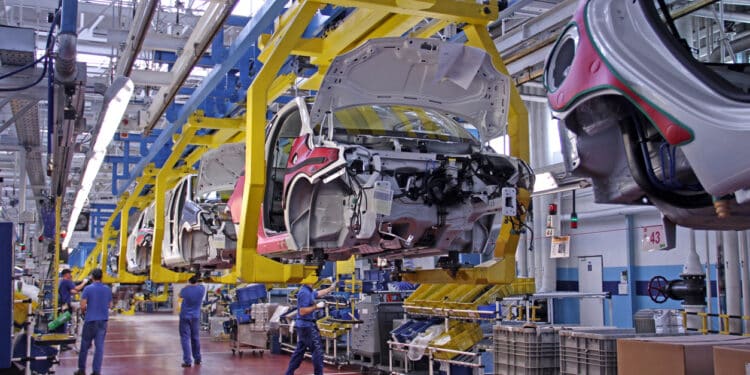On November 9, the National Highway Traffic Safety Administration (NHTSA) announced its first ever whistleblower award. Through its auto safety whistleblower reward program, the agency awarded $24 million to a whistleblower who provided information about misconduct by Hyundai and Kia. However, the agency still has not published final rules for its whistleblower program, over 5 years after it was Congressionally mandated to do so.
“Today’s award is a great breakthrough for whistleblowers,” said whistleblower attorney Stephen M. Kohn of Kohn, Kohn & Colapinto. “Once again the importance of programs designed to incentivize whistleblowers is demonstrated by the evidence,” added Kohn, who also serves as the Chairman of the Board of the National Whistleblower Center.
According to NHTSA, the whistleblower’s disclosure concerned violations of the Vehicle Safety Act committed by the two auto manufacturing giants. “Both Hyundai and Kia conducted untimely recalls of over 1.6 million vehicles equipped with Theta II engines and inaccurately reported crucial information to NHTSA about the nature of serious defects in the engines,” NHTSA’s press release states. In November 2020, NHTSA issued Consent Orders with Hyundai and Kia which included combined penalties of $210 million, of which $81 million was to be paid to the U.S. government.
Through NHTSA’s auto safety whistleblower program, individuals who voluntarily provide NHTSA original information which leads to a successful enforcement action with over $1 million in penalties are entitled to a monetary award of 10-30% of the funds collected by the government. In this case, NHTSA awarded the whistleblower the maximum 30%.
“Whistleblowers play a crucial role in bringing information to NHTSA about serious safety problems that are hidden from the agency,” said Dr. Steven Cliff, NHTSA’s Deputy Administrator. “This information is critical to public safety and we are committed to rewarding those who bring information to us.”
The auto safety whistleblower program was created in 2015 with the passage of the Motor Vehicle Safety Whistleblower Act (MVSWA). The MVSWA was enacted in response to a number of high-profile auto recalls and aims to increase public safety on roadways by incentivizing auto-manufacturer insiders to blow the whistle on safety issues. Modeled off the Dodd-Frank Act, which established the highly successful SEC Whistleblower Program, the MVSWA entitles whistleblowers to anti-retaliation protections and monetary awards.
The MVSWA required the Department of Transportation (DOT) and NHTSA to approve and publish regulations setting forth how auto safety whistleblowers can anonymously file disclosures, rules ensuring the full protection of whistleblower confidentiality, and requirements for qualifying for monetary whistleblower rewards. The deadline for the final rules’ publication was July 6, 2016. The $24 million award demonstrates that NHSTA can still issue awards even without having published final rules. However, whistleblower advocates warn that without clear rules, the program will be ineffective and whistleblowers will not come forward to protect the American public for auto safety issues.
“The Department of Transportation must publish proposed rules, and finalize these rules quickly,” said Kohn. “The Department also needs to open a whistleblower office and make employees worldwide aware of the awards program, and establish a user-friendly anonymous reporting system. All of this is required under the law.”
In June 2021, NHSTA launched a webpage for the whistleblower program. In March, Senators Richard Blumenthal (D-CT) and Edward Markey (D-MA) sent a letter to Transportation Secretary Pete Buttigieg demanding that the DOT immediately implement the whistleblower program.
Read:


